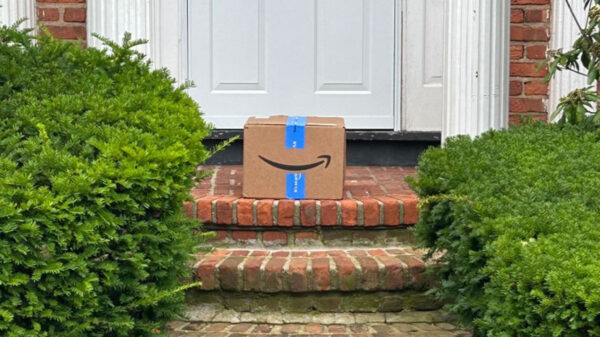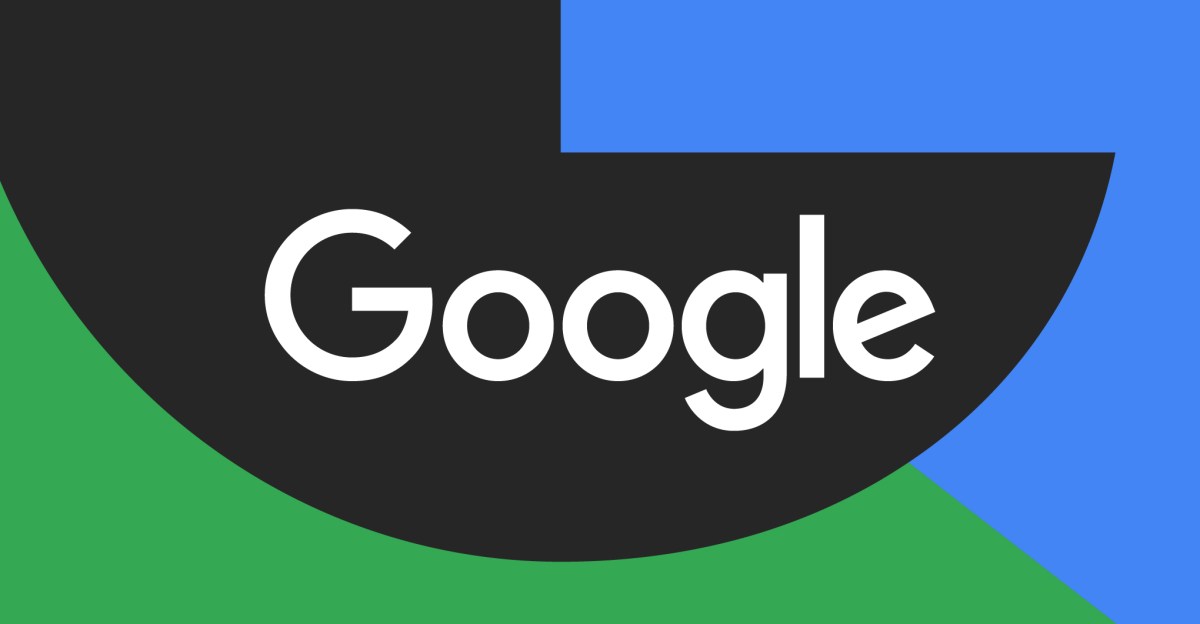Robby Starbuck has initiated legal action against Google, alleging that the company’s artificial intelligence search tools misrepresented him by linking him to sexual assault allegations and the controversial figure Richard Spencer. This lawsuit marks Starbuck’s second legal challenge against a major tech firm regarding its AI technologies, following a similar case against Meta in April 2023.
In his lawsuit against Meta, Starbuck contended that the company’s AI incorrectly claimed he participated in the January 6th attack on the Capitol and had faced a misdemeanor arrest. That case concluded with a settlement in which Meta hired Starbuck as an advisor to address concerns over “ideological and political bias” in its chatbot platform.
Google spokesperson José Castañeda commented on the situation, stating that the company would “review the complaint when we receive it.” He noted that many claims relate to “hallucinations” in Google’s AI model, Bard, which the company has previously acknowledged as a common issue across all large language models (LLMs). Castañeda emphasized the challenge of controlling the outputs of AI chatbots, suggesting that creative prompting can lead to misleading information.
The precise terms of the settlement with Meta remain undisclosed. However, it is part of a broader strategy by the company to mitigate backlash from conservative groups. As noted by the Wall Street Journal, the likelihood of success for Starbuck’s current lawsuit is uncertain, as no U.S. court has awarded damages in a defamation case involving an AI chatbot to date.
In a notable case from 2023, conservative radio host Mark Walters sued OpenAI, claiming that ChatGPT had defamed him by associating him with fraud and embezzlement allegations. The court ultimately ruled in favor of OpenAI, stating that Walters failed to demonstrate “actual malice,” a key requirement in defamation cases.
Starbuck’s lawsuit was filed in the Delaware Superior Court, where he is seeking $15 million in damages from Google. While the outcome of this case remains to be seen, it is noteworthy that Starbuck may be just as interested in securing a position of influence within Google, similar to the role he obtained at Meta.
The emergence of AI technologies has raised complex legal questions, particularly regarding defamation and accountability. As these tools continue to evolve, the legal landscape surrounding them remains largely uncharted, creating uncertain precedents for future litigation involving AI-generated content.






































































